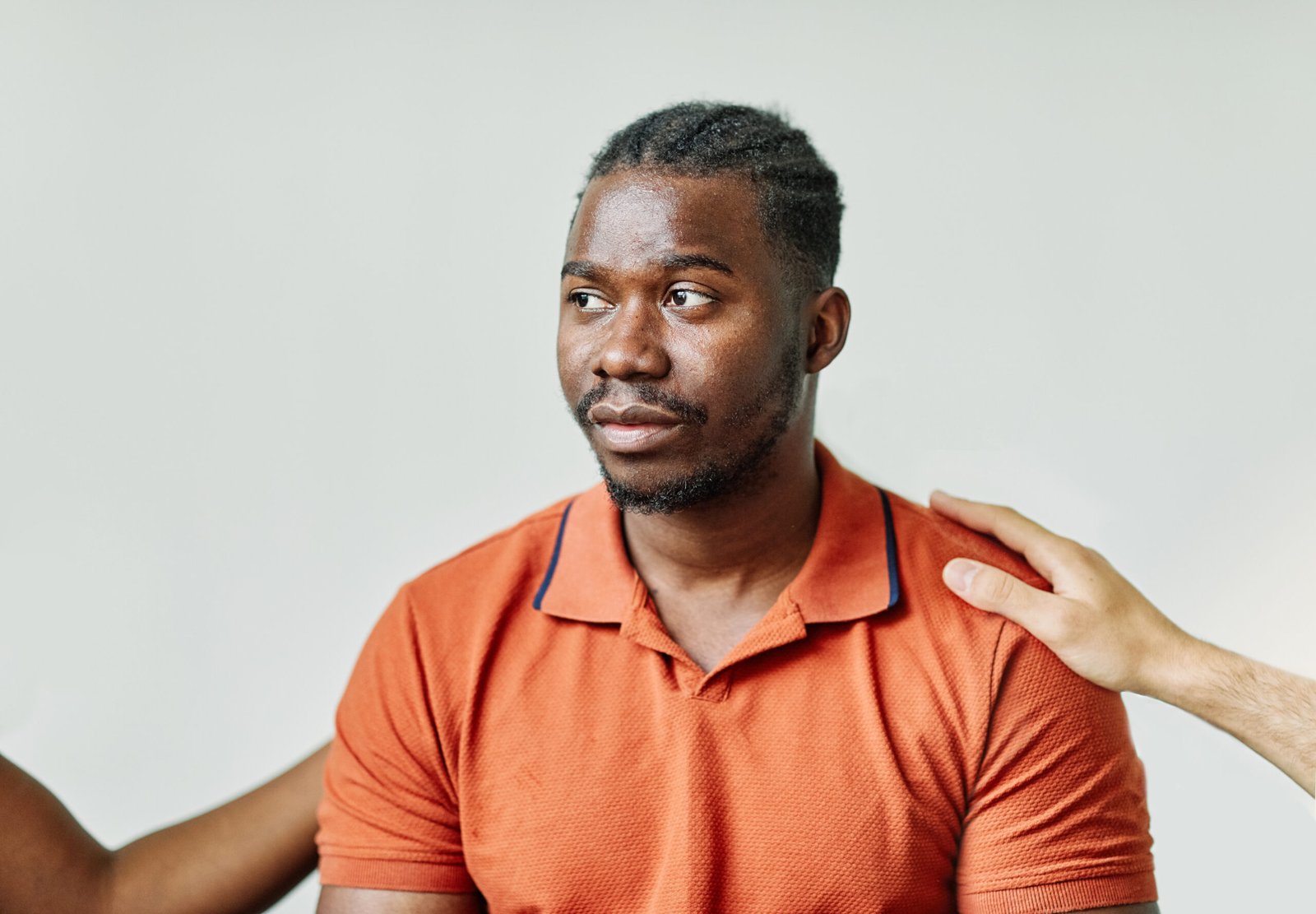🧠 What Does It Mean to Have Mental Health Capacity?
Understanding how to know if someone has mental health capacity is crucial, especially within Black communities where autonomy, trust, and cultural understanding are often at risk in clinical settings. Mental health capacity refers to a person’s ability to:
- Understand information relevant to a decision
- Weigh the risks and benefits
- Retain that information long enough to decide
- Communicate their decision, either verbally or non-verbally
Having a mental illness does not automatically mean a person lacks capacity. Many people living with depression, anxiety, or even psychotic conditions retain the ability to make informed choices—especially when supported by culturally safe care.
🚩 Why Mental Health Capacity Is Misunderstood in Black Communities
Black men and women often experience misdiagnosis and dismissal in healthcare systems that don’t reflect their values or cultural communication styles. This makes how to know if someone has mental health capacity a racial justice issue, not just a clinical one.
- Black men are disproportionately diagnosed with disorders like schizophrenia, often with little exploration of capacity.
- Black women expressing distress are frequently dismissed as dramatic or unwell rather than seen as reasoning individuals.
✅ How to Know If Someone Has Mental Health Capacity
Look for these signs when assessing mental health capacity:
- Can they explain the nature and consequences of the decision?
- Can they ask questions or express concerns about it?
- Is their decision consistent with previously stated beliefs or values?
- Can they articulate the reasoning behind their choice?
Someone doesn’t have to make the “right” decision to have capacity—they just need to understand it.
🗣 Questions to Ask When You’re Unsure
Here’s how to know if someone has mental health capacity in real-world scenarios:
- “What do you believe is happening in this situation?”
- “What are the options available to you?”
- “What do you think might happen if you choose X or Y?”
- “Why do you prefer this option?”
Asking questions respectfully gives the individual space to show understanding and values-driven decision-making.
🤝 Cultural Competence Is Key in Black Mental Health
In Black communities, spiritual beliefs, trauma, and generational wisdom often influence how decisions are made. A person declining medication in favor of prayer or therapy is not necessarily showing a lack of capacity—they may be showing cultural alignment.
To respect mental health capacity in Black men and women:
- Involve culturally competent professionals
- Avoid dismissing faith-based or traditional approaches
- Acknowledge the role of trauma and systemic racism in medical mistrust
🔄 What Happens If Capacity Is Questioned?
When healthcare providers assume someone lacks capacity:
- Decisions may be made for them rather than with them
- They may be institutionalized or medicated without proper consent
- Their rights and identity may be compromised
It’s crucial to follow up with a proper capacity assessment, especially if the individual is expressing coherent preferences.



